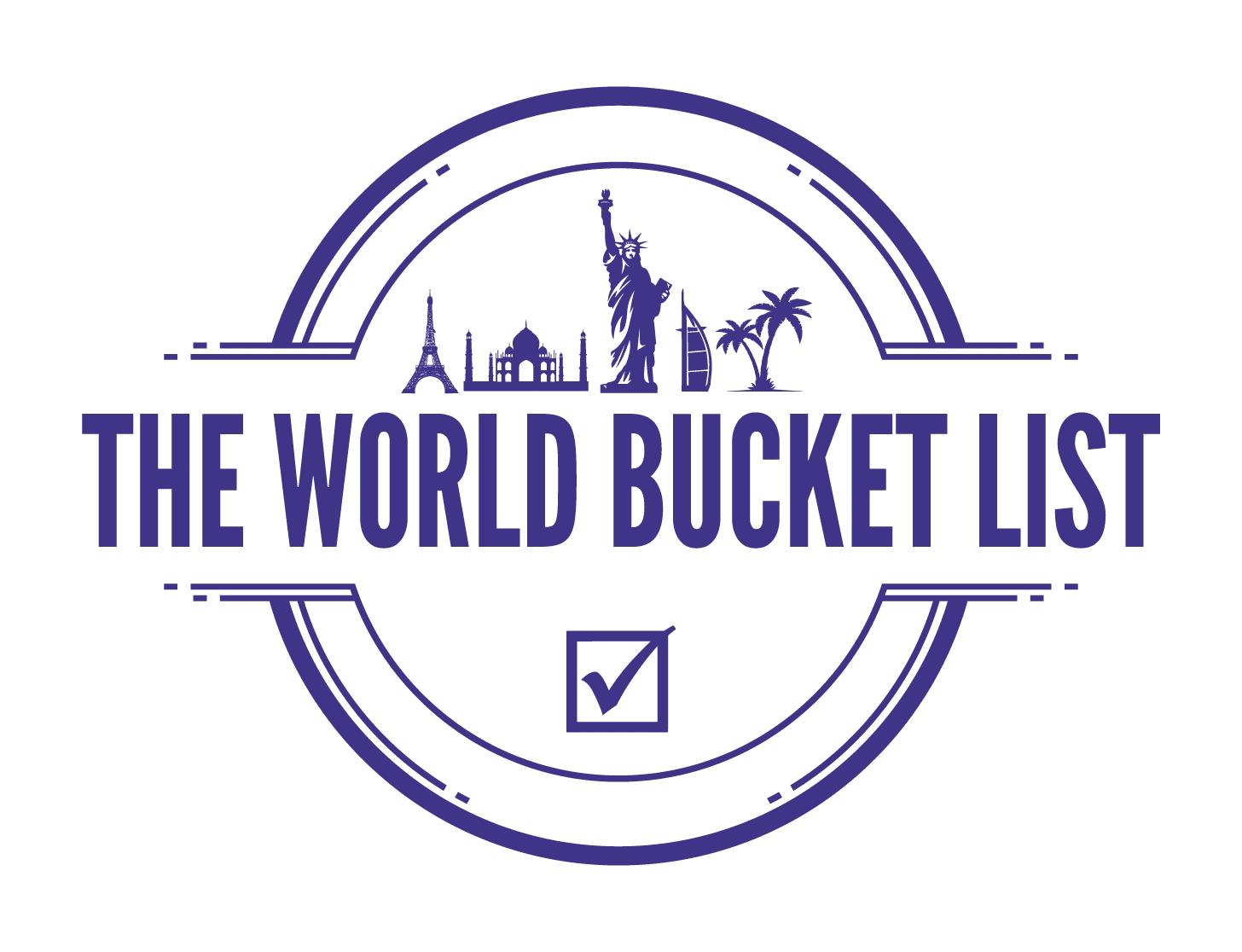The question “How many languages are in Nigeria?” has been on the lips of many travellers, so stay with us as we introduce you to our top ten list of Nigerian languages.
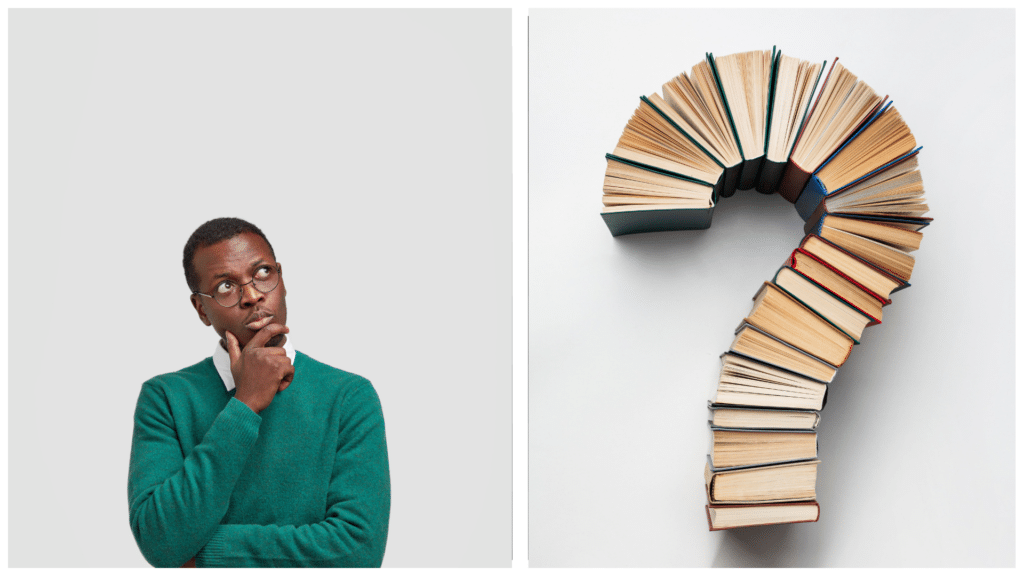
Nigeria’s distinct cultures and history are greatly influenced by its language. Despite English being the official language, the country is home to a diverse population that speaks several different languages.
Language is an effective tool for preserving cultures, fostering communication, and defining identities. And Nigerians speak more than 525 native languages.
With more than 250 ethnic groupings, over 525 native languages are spoken throughout the country. Here are the top ten languages in the country in terms of popularity.
10. Hausa – it is one of the most frequently spoken languages in the country
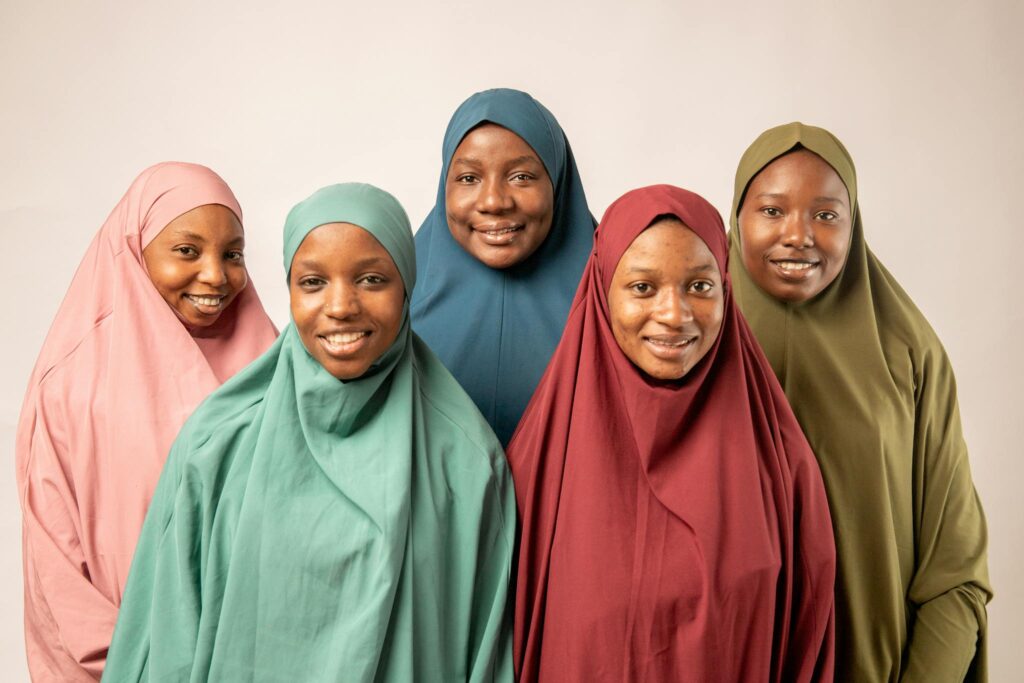
One of Nigeria’s most widely spoken languages is Hausa, especially in the northern part of the country.
Nigerians who speak this language are found in states like Sokoto, Kaduna, Katsina, Kano, Bauchi, Jigawa, Zamfara, Kebbi, and Gombe. It is one of the most frequently spoken languages in the country.
Throughout West Africa’s history, the Hausa language has been used for trade, culture, and religion. Its influence is not limited to Nigeria; surrounding countries like Niger, Chad, and Cameroon also speak it.
9. Igbo – is deeply embedded into Igbo society
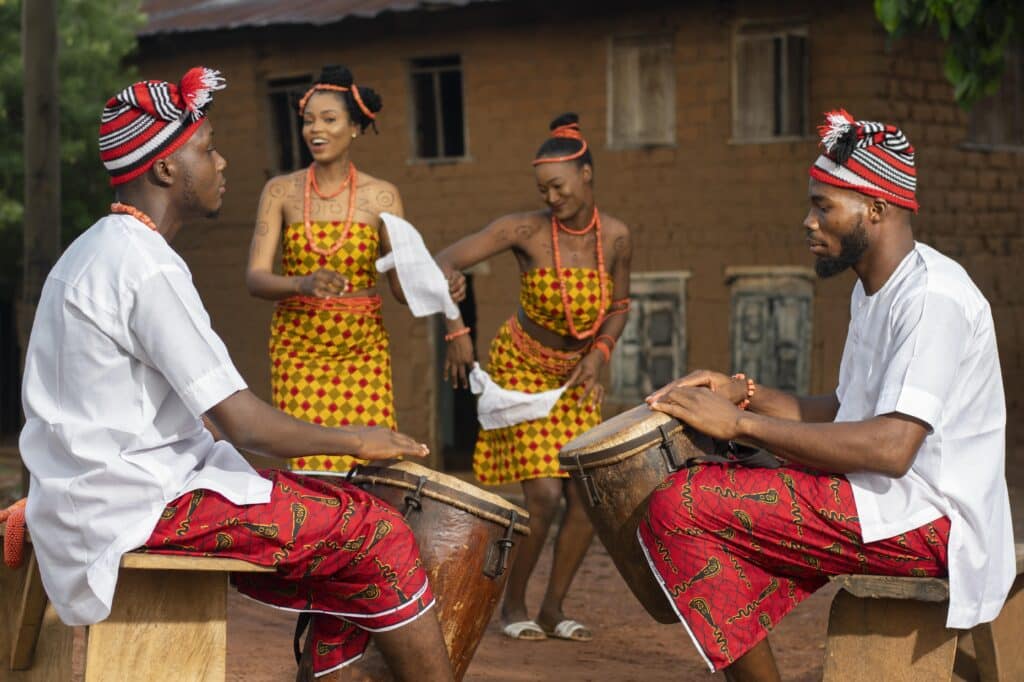
There are many Igbo speakers in Abia, Anambra, Ebonyi, Enugu, and Imo. The Igbo people live in Eastern Nigeria, but the language is spoken in some Southern states like Akwa Ibom, Delta, and Rivers.
There are also notable Igbo speakers in Cameroon, and the language is acknowledged as a minority in Equatorial Guinea. Igbo culture, literature, oral traditions, and cultural activities are all firmly rooted in the language.
Igbo culture is also heavily included in the Nigerian film industry [Nollywood], which helps to maintain the language’s appeal and survival.
8. Yoruba – a very vast language that is spoken all around the world
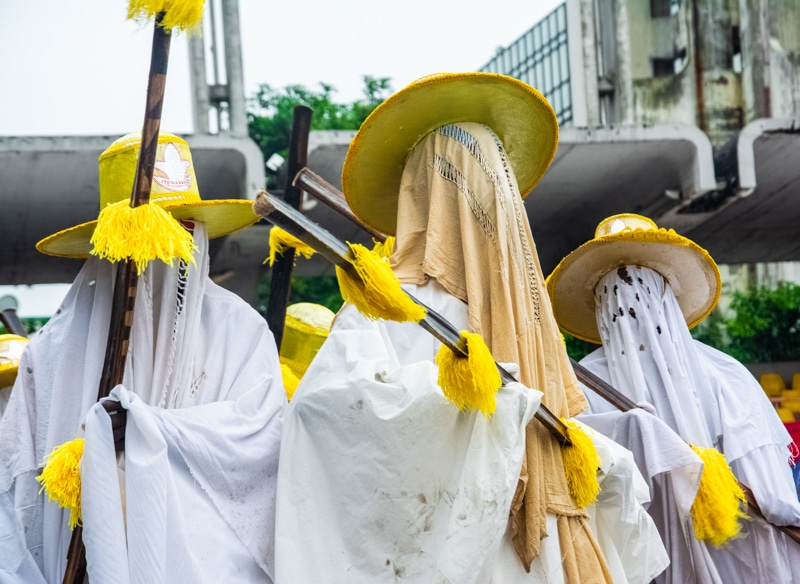
The Yoruba people speak Yoruba as their mother tongue, and most live in Nigeria’s states of Oyo, Ogun, Ondo, Osun, Kwara, Lagos, and parts of Kogi.
Yoruba is one of the most extensively spoken Nigerian languages worldwide, and it is also spoken by Nigerian immigrants living in the UK and the USA.
Yoruba’s contribution to the growth of the Nollywood film industry has been constant over the years. Integrating Yoruba language and culture into its works further highlights the genre’s significance.
7. English – introduced during the colonial era
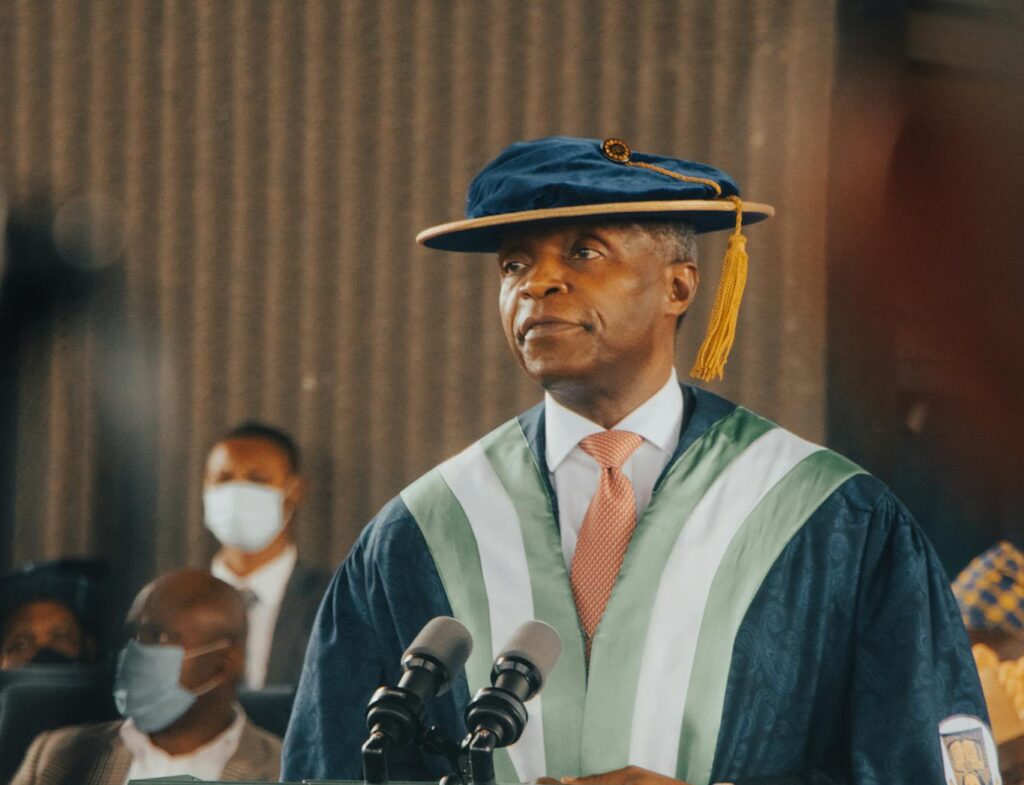
The media, business, education, and administration use English as their principal language. Between the many ethnic groups and languages spoken in the country, the English language serves as a unifying force.
Since its introduction during the colonial era, English has ingrained itself firmly in Nigerian culture. It greatly influences the nation’s identity and facilitates communication across various language groups.
6. Slang-based English – locally called pidgin English
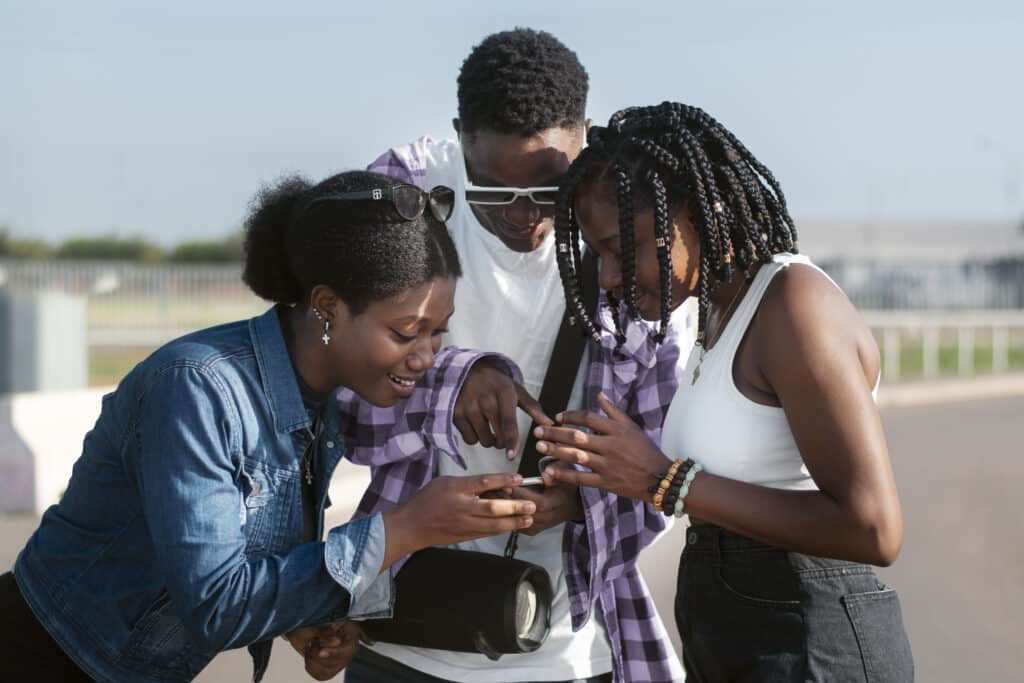
Another language on our list to answer the question of how many languages there are in Nigeria is Nigerian Pidgin English; it is spoken throughout Nigeria as a lingua franca.
It is a combination of English and other ethnic Nigerian languages and the mother tongue of generally three and five million people who are primarily concentrated in the Niger Delta region.
5. The Babur – also known as the Bura
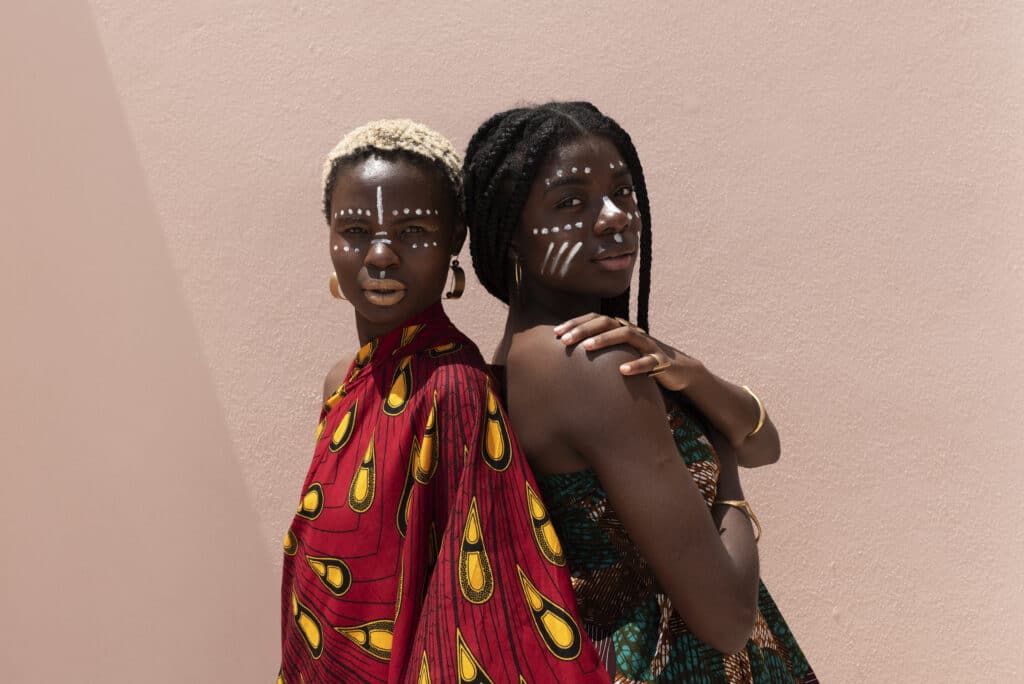
Bura people of northern Nigeria speak Bura-Pabir, a Chadic language. It includes several dialects, including Plain Bura, Hyil Hawul, Bura Hyilhawul, Hill Bura, and Pela.
The languages of northeastern Nigeria, including Kilba, Chibok, Margi, and several others, are closely related to this one.
4. Esan-Esan – is the most popular language of Esanland

Esan is a regional language relevant to Nigeria. It has also been formally recognised as a language by the United Kingdom Census. Esan is also used in radio and television shows and basic school curricula.
One million to 1.5 million Nigerians are thought to be Esan residents of Esanland, and a thriving Esan diaspora community adds to the region’s cultural vibrancy.
3. Kanuri – a frequently spoken language in Nigeria
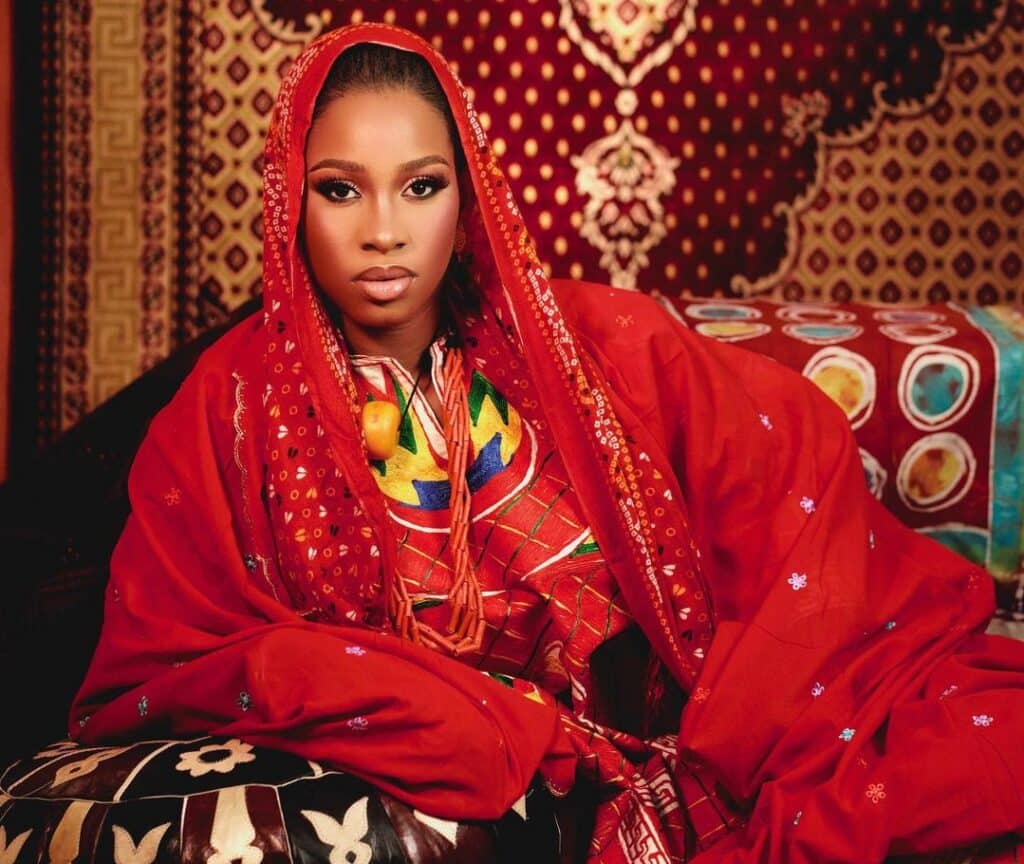
One of the most widely spoken languages in the nation is Kanuri. Its native speakers are concentrated in Borno, Yobe, and Jigawa. Furthermore, a good number of Nigerians speak Kanuri as a second tongue.
2. Igala – one of the top ten languages in Nigeria
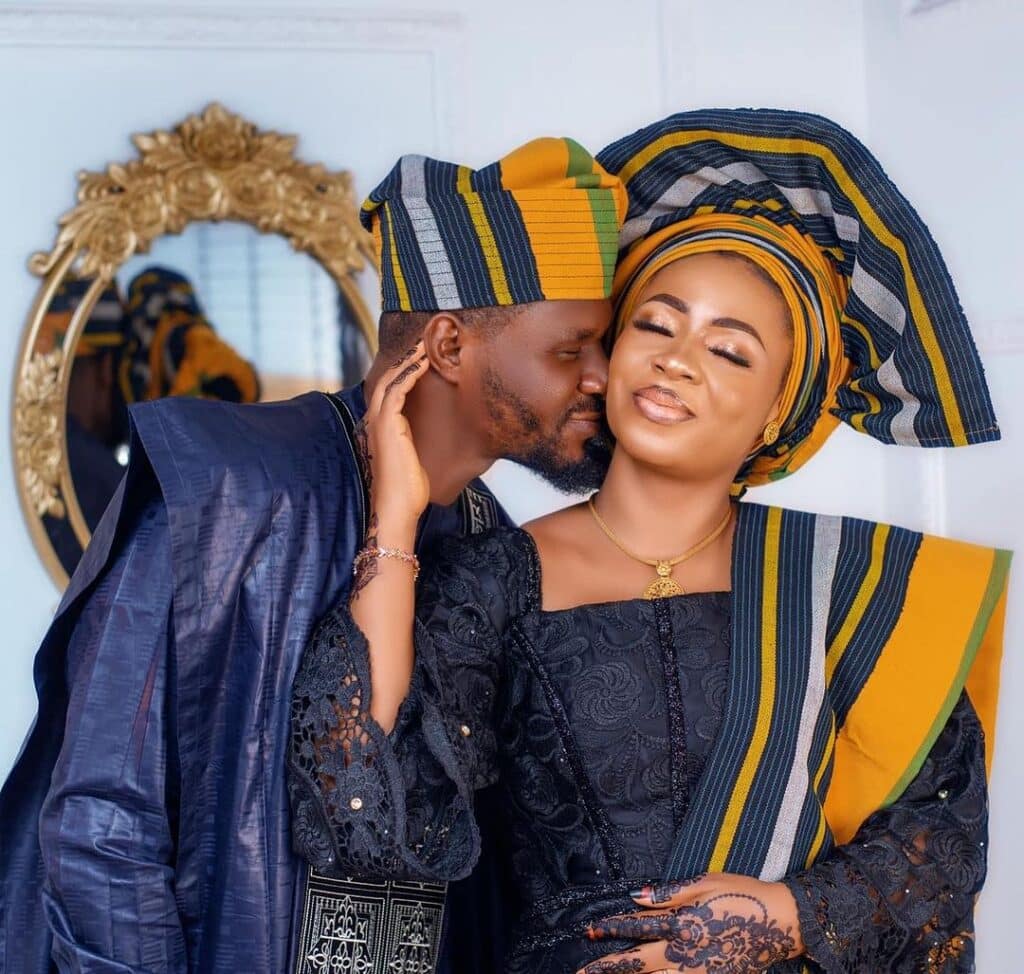
In Nigeria, Igala is among the ten most widely spoken languages. Also, the Nigerian Igala ethnic group speaks the Yoruboid language. The Olumbanasaa group, Ibaji, Idah, Dekina, Ogugu, Ankpa, and Ebu are among the dialects.
1. Urhobo – a southwestern language spoken by Urhobo people
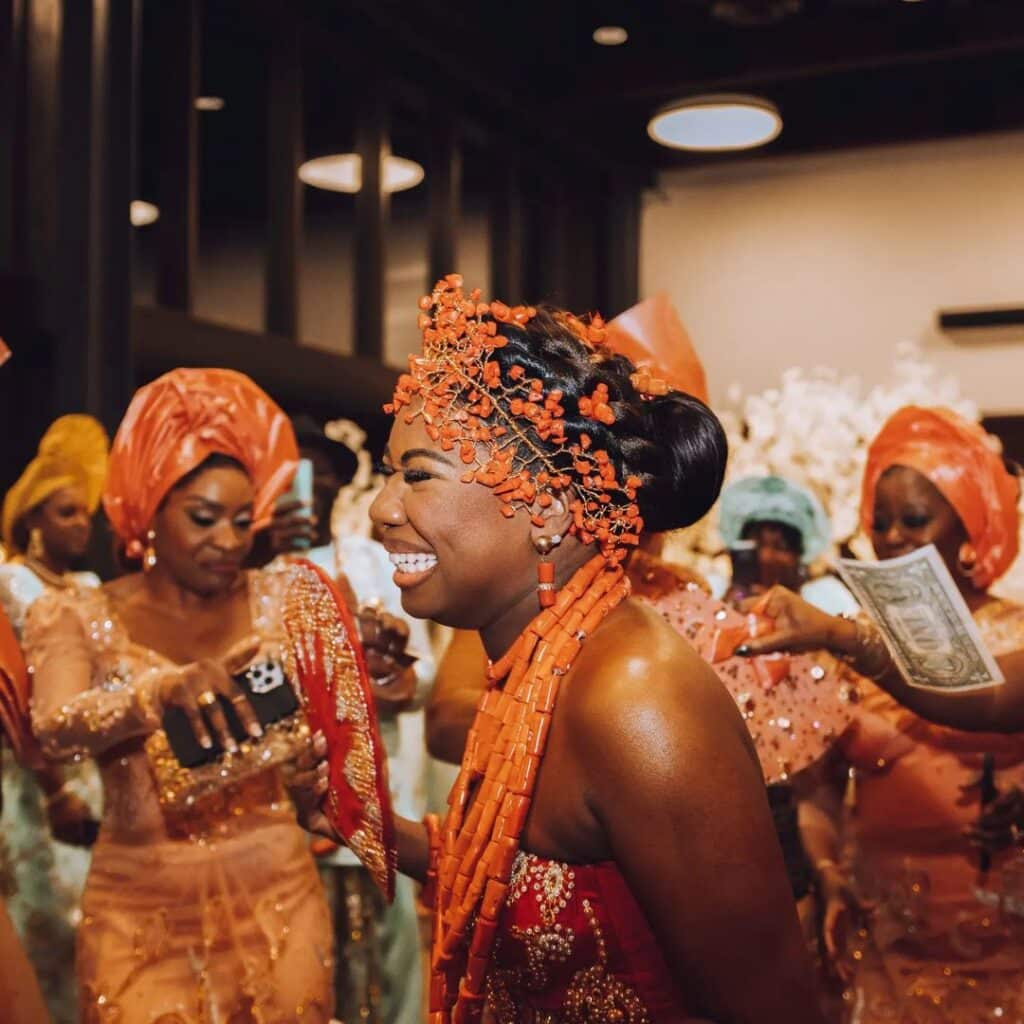
Another language on our list to answer the question of how many languages are in Nigeria is the Urhobo Language. The people of southern Nigeria speak Urhobo, an Edoid language in the Southwestern region.
These people share boundaries with several adjacent ethnic groups, including the Isoko to the southeast, the Itsekiri to the west, the Ijaw to the south, and the Ukwuani people to the northeast. Additionally, they are traditionally known for their interest in fishing activities.

